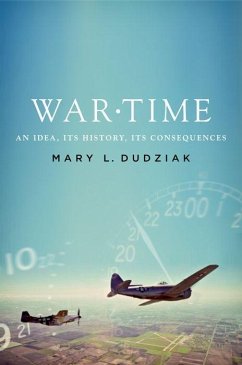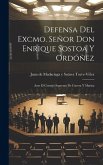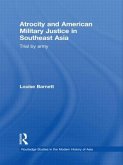When is wartime? On the surface, it is a period of time in which a society is at war. But we now live in what President Obama has called "an age without surrender ceremonies," as the Administration announced an "end to conflict in Iraq," even though conflict on the ground is ongoing. It is no longer easy to distinguish between wartime and peacetime. In this inventive meditation on war, time, and the law, Mary Dudziak argues that wartime is not as discrete a time period as we like to think. Instead, America has been engaged in some form of ongoing overseas armed conflict for over a century. Meanwhile policy makers and the American public continue to view wars as exceptional events that eventually give way to normal peace times. This has two consequences. First, because war is thought to be exceptional, "wartime" remains a shorthand argument justifying extreme actions like torture and detention without trial. Second, ongoing warfare is enabled by the inattention of the American people. More disconnected than ever from the wars their nation is fighting, public disengagement leaves us without political restraints on the exercise of American war powers.
Since the early twentieth century, America has almost constantly been engaged in some form of overseas armed conflict. Dudziak argues that policy makers and the American public nevertheless continue to view wars as temporary events that eventually give way to normal peace times. This tendency has troubling consequences for our legal system and our rights as citizens. This inventive and thoughtful analysis advocates a new paradigm that acknowledges war's role as an ongoing feature of American law and democracy.
Since the early twentieth century, America has almost constantly been engaged in some form of overseas armed conflict. Dudziak argues that policy makers and the American public nevertheless continue to view wars as temporary events that eventually give way to normal peace times. This tendency has troubling consequences for our legal system and our rights as citizens. This inventive and thoughtful analysis advocates a new paradigm that acknowledges war's role as an ongoing feature of American law and democracy.








